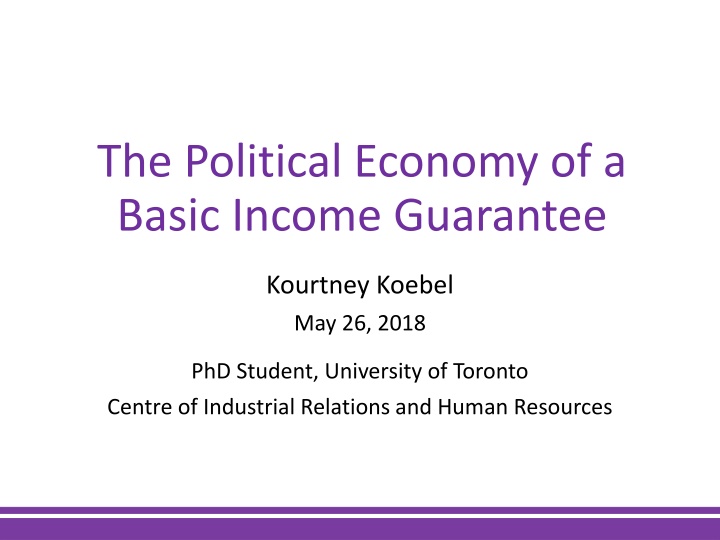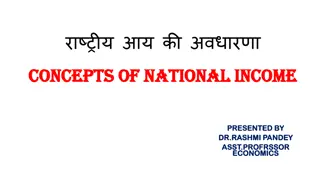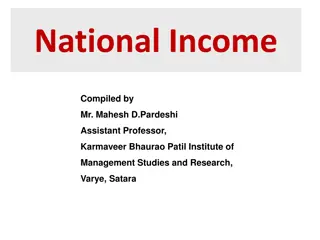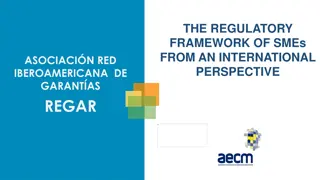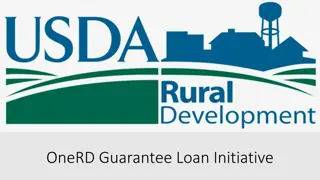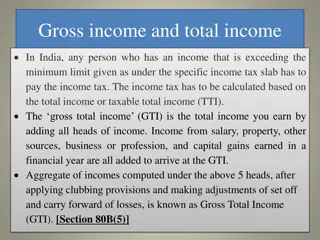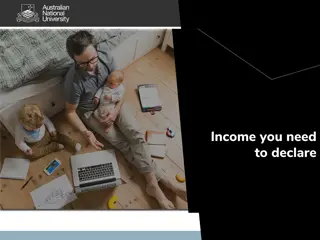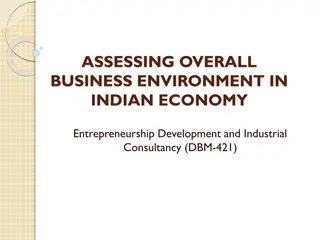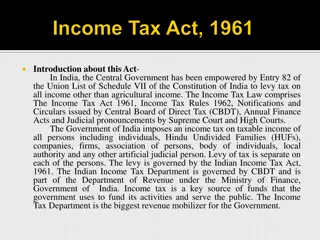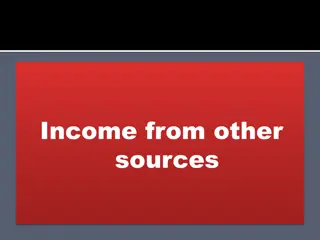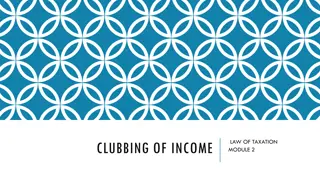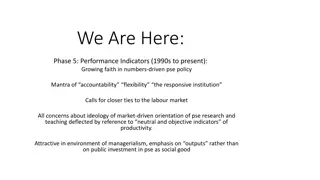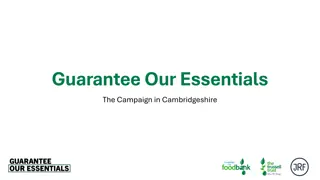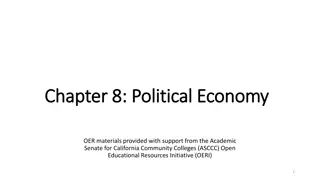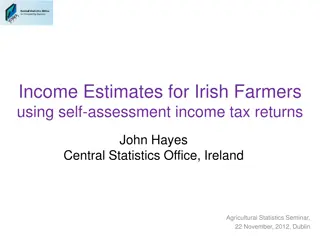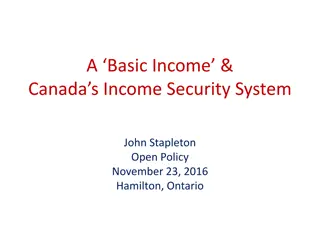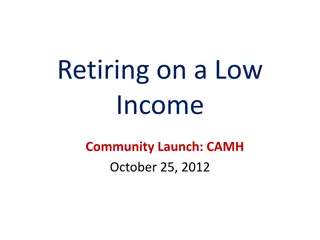The Political Economy of a Basic Income Guarantee and Common Critiques
Political economy and common critiques of implementing a Basic Income Guarantee (BIG), addressing concerns related to cost, work disincentives, and fairness. Strategies to overcome challenges and make BIG a reality while considering societal impacts and taxpayer costs
Download Presentation

Please find below an Image/Link to download the presentation.
The content on the website is provided AS IS for your information and personal use only. It may not be sold, licensed, or shared on other websites without obtaining consent from the author.If you encounter any issues during the download, it is possible that the publisher has removed the file from their server.
You are allowed to download the files provided on this website for personal or commercial use, subject to the condition that they are used lawfully. All files are the property of their respective owners.
The content on the website is provided AS IS for your information and personal use only. It may not be sold, licensed, or shared on other websites without obtaining consent from the author.
E N D
Presentation Transcript
The Political Economy of a Basic Income Guarantee Kourtney Koebel May 26, 2018 PhD Student, University of Toronto Centre of Industrial Relations and Human Resources
Non-Recipients: Common Critiques Cost: That would be too expensive. It is not fair that I pay additional taxes for a benefit I won t receive. Work Disincentives: People wouldn t work if they received an income for doing nothing. It is not fair that I work to earn an income while basic income recipients would earn income without making any productive contributions to society.
Non-Recipients: Common Critiques Cost: That would be too expensive. It is not fair that I might have to pay additional taxes for a benefit I won t receive. Work Disincentives: People wouldn t work if they received an income for doing nothing. It is not fair that I work to earn an income while basic income recipients would earn income without making any productive contributions to society.
Making basic income a reality without confronting deeply rooted conceptions of fairness.
Net Cost to Taxpayer: Boadway, Cuff and Koebel (2016) Decile Change in Income Bottom + Second + BIG Recipients Third + Fourth + Fifth + Sixth - Seventh - Non-Recipients Eighth - Ninth - Top -
Addressing the Cost Concern 1. Eligibility based on need: middle-income individuals who become low-income are entitled to the BIG Reframe the question: would you pay an additional $2-$3,000 in taxes to reduce poverty by 90%? Long-term impacts: basic income may reduce public expenditures in other areas (health, crime, etc.), which can be redistributed back to middle income individuals through lower taxes or a more generous guarantee Cost is worth it: not receiving the monetary benefit, but the cost may be worth it in terms of values and the type of society they want to live in 2. 3. 4.
Addressing the Work Disincentive Concern 1. Re-Conceptualizing Work: work as monetary benefit vs. work as personal fulfillment, freedom, caring for others, service (Budd, 2011) Value of Unpaid Work: if child care, elder care, volunteering, education are seen as valuable, basic income is way to compensate individuals pursuing these activities Knowledge about Basic Income: a BIG can be designed to minimize work disincentives (top-up vs. income-tested) 2. 3.
Making BIG a Reality Opposition to basic income is rooted in conceptions of fairness related to cost and work disincentives Individuals are entitled to beliefs about what is and is not fair Advocates should not attempt to change or confront conceptions of fairness BYPASS THEM!
